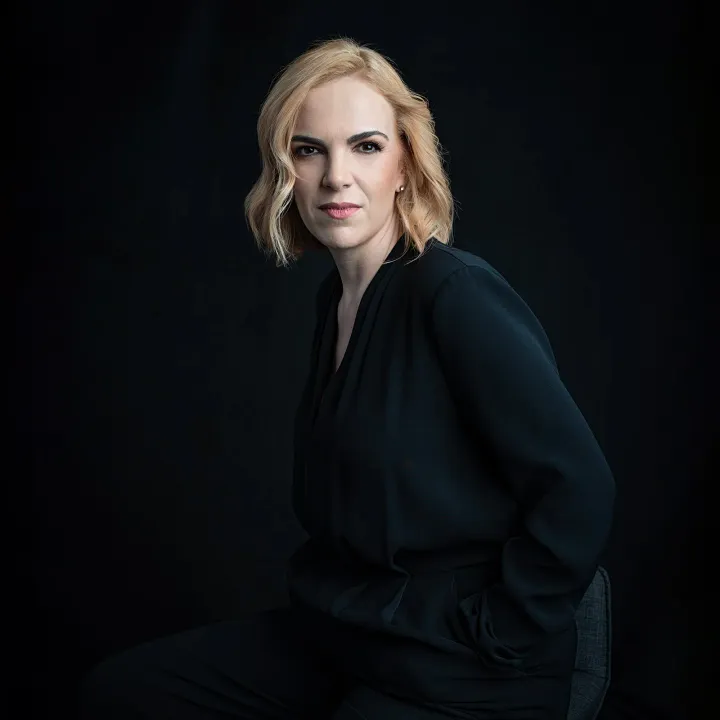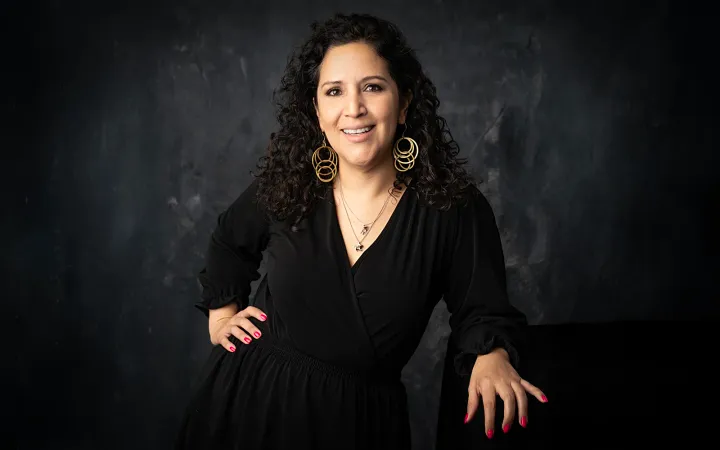By Pamela Cerdeira
Yes, I know, it's the money. People vote with their wallet, both the builder who is waiting to close a deal with the next municipal president, as well as the family for whom social programs represent a considerable income in their home. In fact, voting with our wallet is much smarter than voting with our values, because the political class shows some, and has others, and then will change those shown if it suits them. And we too are forced to adjust our values when we have to choose between evils.
It remains incomprehensible to me that there were women who voted for Trump, but the values that are paramount to them are not the same as mine. I am terrified that women's rights will continue to be rolled back with another Trump term, and there will be people who are genuinely concerned that migration will eventually displace Americans.
But what about companies? In recent years I have observed how companies, especially transnationals, have invested large amounts of money and human effort to push diversity policies: increasing the number of women in management positions, adjusting salaries to close the gap, affirmative action to ensure that minority groups are represented, and so on. Diversity is not a gracious concession, it is a business decision. Companies with greater diversity and gender parity do better, they bill more, their customers like them more, and they are doing the ethically correct thing, but that is a personal, subjective assessment, subjective and in line with my values, nothing more. I fear that this is going to end up, in the best case scenario (or the least worst), slowing down and maybe even going backwards. For example: Meta (Facebook, Instagram, WhatsApp).
For Mark Zuckerberg, the state is culturally emasculated, the business environment could benefit from male energy and celebrate aggression a little more. His statements on Joe Rogan's podcast come after he had a meeting with Donald Trump, which resulted in the cancellation of Facebook verifiers (experts who qualified information to prevent the spread of false information that Trump had accused of censorship), and later, the cancellation of Meta's diversity and inclusion (DEI) programs. The Meta founder's decisions are a nod (to say the least) to Donald Trump, which is obviously a strategic decision. It shows us the priority on his own values, but it also represents the way many, many people think and feel, for whom inclusion and the demands of feminism seem a threat. Yes, Mark is a pushover, but how many other companies will be?
I started by talking about the contractor or the beneficiary of social programs who votes with his wallet in his hand. This weekend we witnessed the Latino event to celebrate Trump's arrival to the White House. I guess the attendees' stomachs are not turned by the description of Latinos as rapists, as they also attended, ate and partied with wallet in hand. There is a powerful group that is afraid of equity, and another more powerful group willing to look the other way. How many companies will follow in Meta's footsteps? Does it "help" us that we have a female president in Mexico? What mistake would she have to make to make people forget about the wallet and think of a Verástegui or something like that as a possibility? The only thing that is clear to me is that the challenge ahead of us will be much greater than we would have imagined a few years ago.

The opinions expressed are the responsibility of the authors and are absolutely independent of the position and editorial line of the company. Opinion 51.






Comments ()